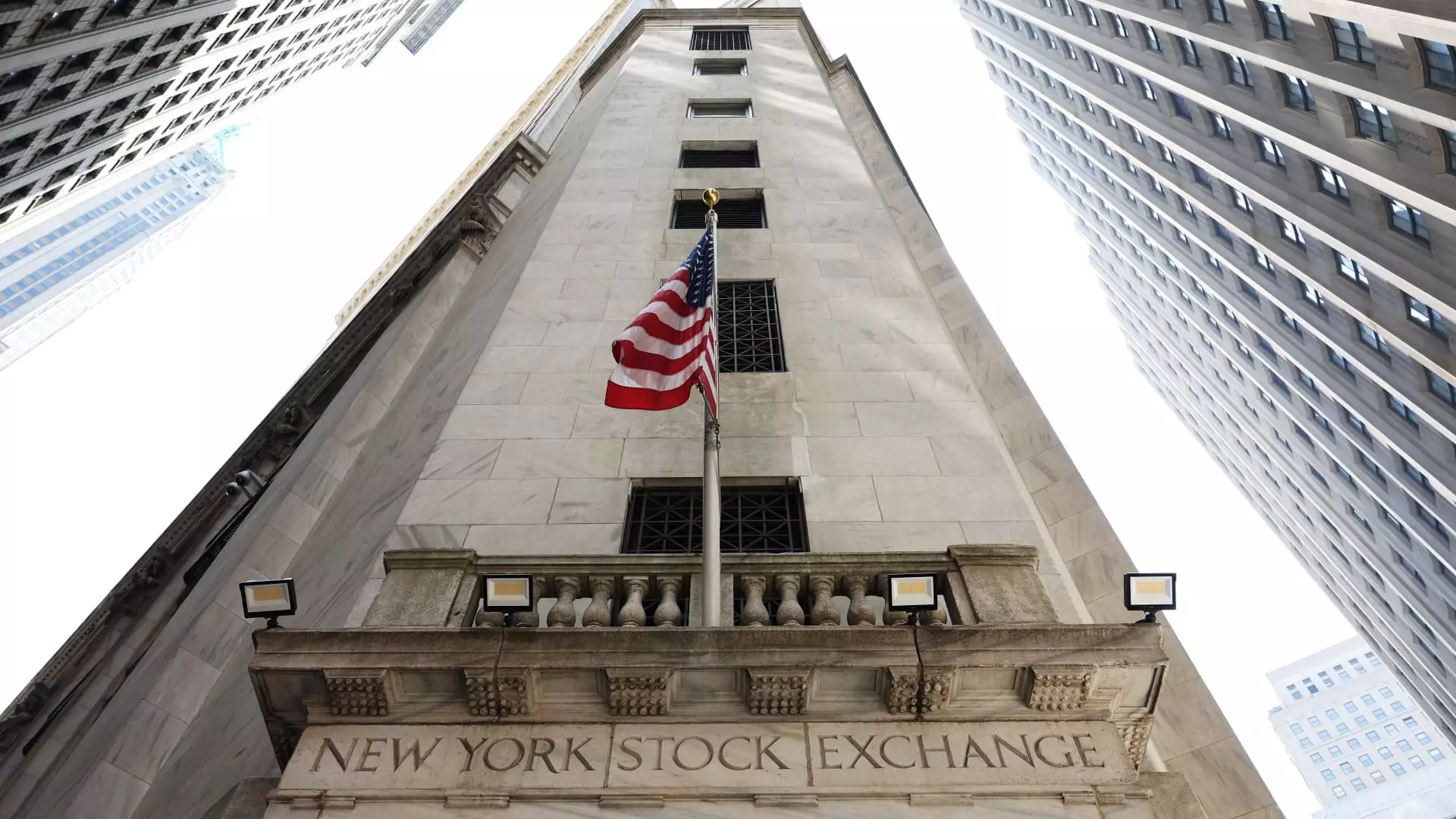In the constantly fluctuating landscape of global finance, market declines can provoke intense scrutiny and speculation about forthcoming economic conditions. Recent commentary from Morningstar’s DBRS analysts reflects a pressing concern: that the ongoing sell-off in global markets may spiral into a self-fulfilling prophecy, potentially driving the economy toward recession. This phenomenon warrants careful examination, as the interplay between market dynamics, corporate investment behaviors, and consumer confidence could have far-reaching effects on economic stability.
Global markets have experienced significant downturns, particularly exacerbated by alarming financial indicators from the U.S. economy. For instance, a staggering drop of over 12% in Japan’s Nikkei 225 and poor performance of U.S. indices such as the S&P 500 indicates a crisis of investor confidence. Critical to this situation was the disappointing jobs report released just before these declines, which revealed that only 114,000 nonfarm payroll jobs were added in July—far below the anticipated 185,000. Such underperformance not only raises flags regarding employment growth but also puts the spotlight on the strength of the world’s largest economy.
High unemployment rates often trigger a downturn in consumer spending, as people tend to tighten their wallets during economic uncertainty. As the American unemployment rate ticked up to 4.3%, concerns about wider economic implications grew more pronounced; investors naturally begin to question if the Federal Reserve miscalculated by not slashing interest rates in their last meeting.
The correlation between market performance and corporate investment strategies cannot be overstated. The analysts at Morningstar warned that a continuous decline could lead corporate leaders to adopt a cautious approach. If CEOs perceive an unstable market as a signal to curtail investments, this contraction in business spending could yield a freeze in economic activity. Such behavior, in turn, can lead to reduced consumer confidence; when consumers sense that corporations are tightening their belts, they may soon follow suit, further reducing demand and leading to a cycle of economic contraction.
Interestingly, even amidst this turmoil, Morningstar suggests that the underlying economic indicators highlight a U.S. economy that is “slowing, but still growing.” Despite prevalent fears of a recession, it is essential to note that economic growth remained at 2.8% in the second quarter, suggesting that fundamentals may not entirely support the outlook for a crisis.
The banking sector has historically been a barometer of economic health, and in this context, Morningstar’s reassurances bring a breath of fresh air. The analysts expressed confidence in U.S. banks’ resilience, noting their robust capital and liquidity cushions, which appear adequate even in adverse market conditions. This fortitude is particularly crucial as it suggests that although stock market volatility can wreak havoc on investor portfolios, the banking industry’s stability may remain intact.
Importantly, U.S. banks have minimal exposure to equity markets within their investment portfolios, and they are thus less susceptible to significant losses from market downturns. Moreover, the patterns of volatility can actually become advantageous for capital markets players, who can leverage such conditions for profit, so long as they manage their risk effectively.
While anxiety has spurred declines across various markets, the repercussions may not be uniform internationally. In Japan, for instance, analysts anticipate no substantial impact on capital management strategies despite their recent struggles. This highlights how interconnected yet diversely resilient different markets can be during periods of volatility.
As the economic landscape shifts in response to these turbulent times, a nuanced understanding of the market dynamics at play will be critical. The interaction between consumer behavior, corporate investment strategies, and banking sector resilience forms a complex tapestry that underscores the importance of holistic economic assessments. The potential for a self-fulfilling prophecy remains a concern, but a closer look reveals that not all indicators point towards imminent recession, and proactive management may bolster resilience amid turbulence.


Leave a Reply